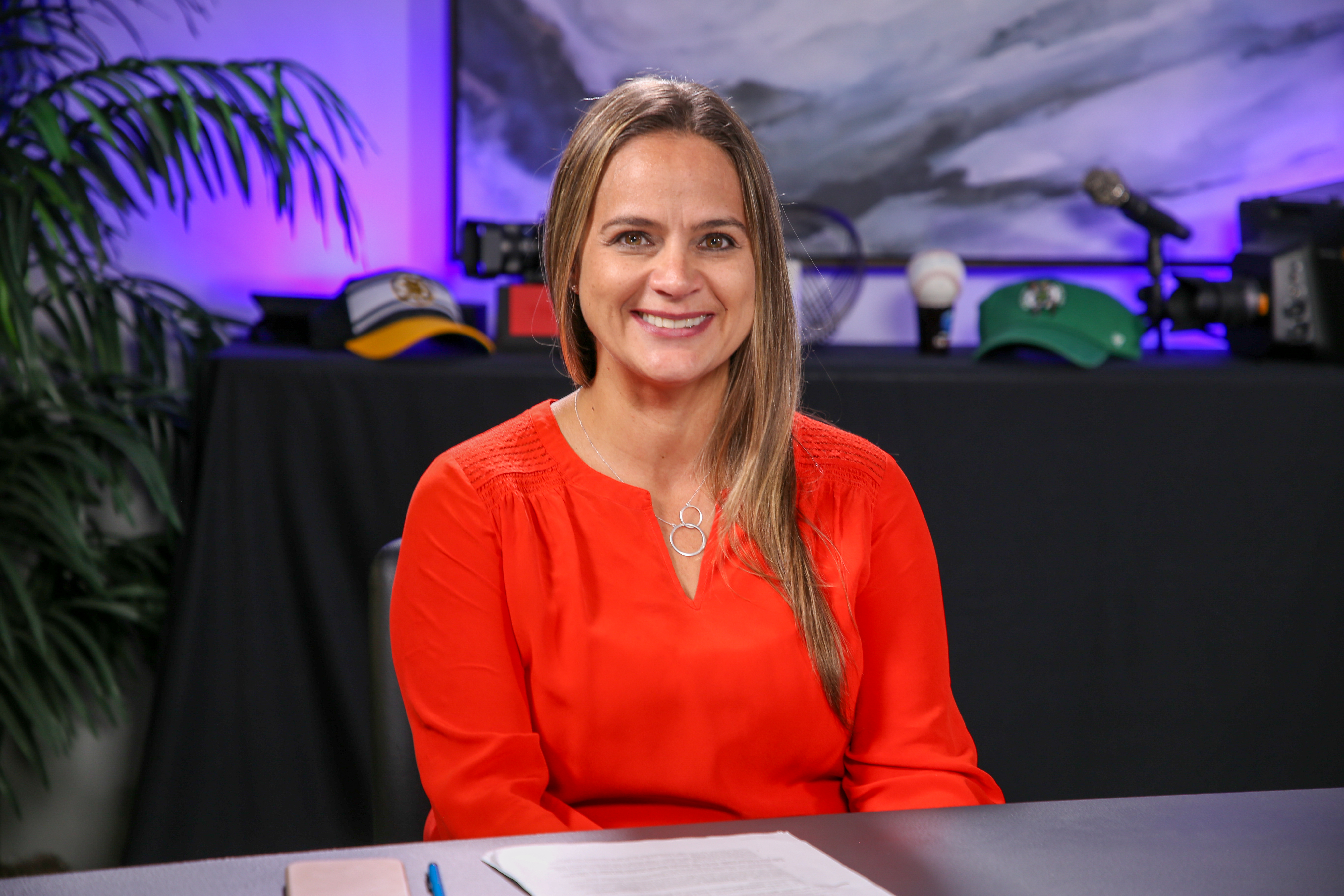 CLOUD
CLOUD
 CLOUD
CLOUD
 CLOUD
CLOUD
In 2020, at the dawn of the new decade, Dell Technologies Inc. introduced APEX in an effort to scale infrastructure as a service. Today, the options are broadening through deepened partner relationships.
Dell’s APEX multicloud strategy has been evolving in response to customer demands for more interoperability, more choices and more scale, according to Shannon Champion (pictured), vice president of product marketing at Dell.
“Customers are telling us that they’re in various stages of their spectrum,” Champion said. “Some customers are in the public cloud, often multiple public clouds; some customers are on-prem with a hybrid cloud but increasingly looking for that bridge between the public cloud experience to come on-prem. Other customers are looking to define or redefine what their multicloud strategy is. That’s where APEX comes in.”
Champion spoke with theCUBE industry analyst Dave Vellante at the “Future of Multicloud Lands Now – Dell APEX Cloud Platform for Microsoft Azure” event, during an exclusive broadcast on theCUBE, SiliconANGLE Media’s livestreaming studio. They discussed how Dell is seeking to enrich customer multicloud experiences and how the company is looking to bring simplified cloud capabilities to dedicated IT environments, including Microsoft Azure. (* Disclosure below.)
Dell says APEX is designed to solve both modern consumption and modern cloud experiences, as well as to meet customers where they are. That applies whether customers are in the public clouds, are looking to enrich their public cloud experience or need a bridge from public cloud to on-prem, according to Champion.
“We have options there. If they’re looking for cloud experiences, regardless of where their IT landscape is with subscription or as-a-service offers, we have that too,” she said. “Our APEX strategy is very comprehensive and intended to respond to what we’re hearing from our customers.”
In May, theCUBE was at Dell Technologies World, where the company announced the APEX cloud platforms as part of its overall APEX strategy. It proved a whirlwind of change, indicating Dell’s commitment to realizing the full potential of its APEX portfolio, according to Champion. With the launch of the APEX Cloud Platform, Dell’s latest category in the portfolio embodies a ground-to-cloud approach.
“[It’s] specifically to solve for that cloud-to-ground experience and helping extend the cloud operating environment that our customers choose, and that experience, and bring that on-prem,” she said.
APEX Cloud Platforms are turnkey, on-prem infrastructure platforms designed to deliver the multicloud-by-design approach. That means they extend the cloud ecosystem of a customer’s choice to the data center or their edge locations.
“They’re designed with simplicity in mind. They’re built collaboratively with our ecosystem partners, and currently that’s Microsoft, Red Hat and VMware,” Champion said. “And, importantly, these platforms are leveraging Dell’s unique proven IP in a range of areas.”
One such area is hyperconverged infrastructure, which, combined with its software-defined storage and PowerEdge infrastructure platform, is coalescing into a “new-generation” infrastructure platform to solve for multicloud on-prem, according to Champion.
The phrase “new generation” refers to Dell’s efforts to innovate within their known areas of differentiation. What started as a VMware-specific integration has blossomed into a portfolio-wide feature, Champion added.
“Higher levels of integration, automation, lifecycle management – that’s what people love about VxRail. But that was designed specifically with one partner stack in mind,” she explained, going on to say that Dell is now “giving [customers] that commonality and consistency, which gives them the flexibility. It has a range of benefits in terms of operational savings.”
While Dell has been working with the likes of VMware and Microsoft for decades, “what’s different here is the level of partnership required to pack in as much value as we are in these APEX cloud platforms with those partners,” said Champion, referring to the companies’ collaborative engineering efforts.
“On the engineering side, I mentioned the hyperconverged infrastructure integration software,” she said. “For the APEX cloud platforms, we’re calling that automated M&O software — the APEX Cloud Platform Foundation software.”
“We delivered the broadest payload of APEX portfolio options across that full spectrum of the APEX strategy that I laid out,” Champion said. “We unveiled our APEX storage for public cloud offers, which really solves the challenge of helping customers enrich their public cloud experience and go from ground to cloud.”
The value of this common storage layer can’t be understated, according to Champion. This software-defined architecture is the basis of APEX’s cloud platform, making them scalable, resilient and reliable in terms of performance. This consistent experience streamlines migrations and enables data mobility, as Dell pushes this same storage architecture into the public cloud.
“It’s a key element of this,” Champion added. “For the APEX cloud platform family, we’re ready. Starting today we’ll be offering these to customers. We’re excited to see how this revolutionizes multicloud for [customers] in a new way.”
Here’s theCUBE’s complete video interview with Shannon Champion:
You can watch the entire event below:
(* Disclosure: TheCUBE is a paid media partner for the “Future of Multicloud Lands Now – Dell APEX Cloud Platform for Microsoft Azure” event. Neither Dell Technologies Inc., the sponsor of theCUBE’s event coverage, nor other sponsors have editorial control over content on theCUBE or SiliconANGLE.)
THANK YOU